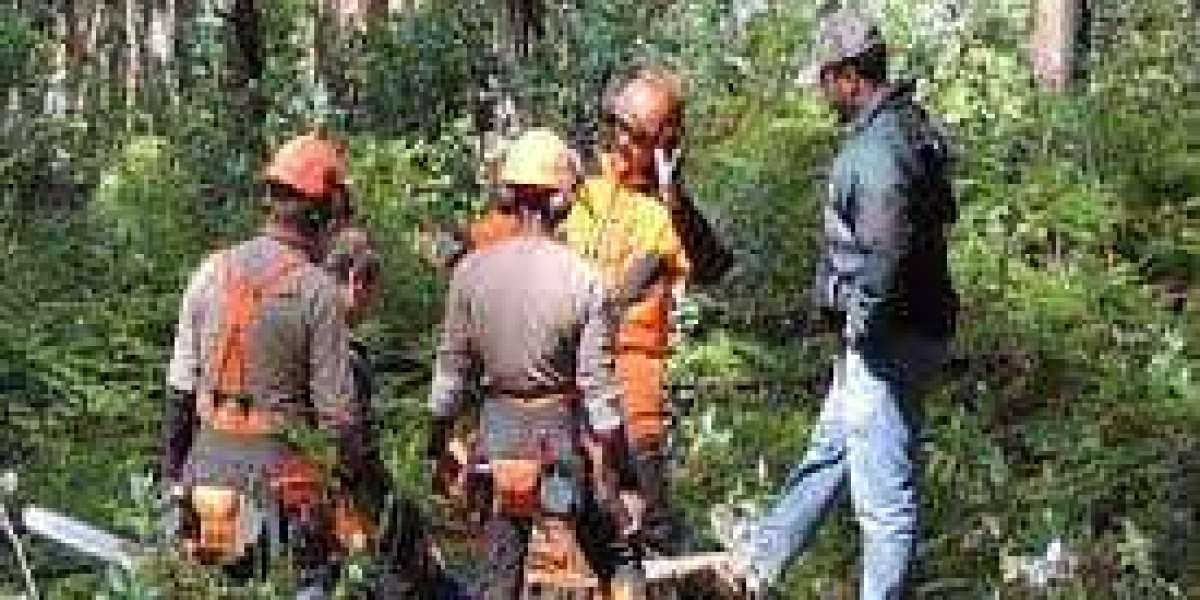The BTSA Gestion Forestière is a specialized higher education diploma in France that focuses on forest management and sustainability. This two-year program is designed for individuals passionate about working in the forestry sector and managing forests in a way that balances ecological, economic, and social aspects. It equips students with the necessary skills to understand forest ecosystems, manage forest resources sustainably, and contribute to environmental conservation efforts.
What is BTSA Gestion Forestière?
The BTSA (Brevet de Technicien Supérieur Agricole) Gestion Forestière is a technical diploma that combines both theory and practical work in forestry and environmental science. This qualification is highly regarded in the French education system and is typically pursued after obtaining a high school diploma or its equivalent. The program focuses on forestry techniques, environmental science, and the management of forest ecosystems to ensure their sustainability for future generations.
Core Subjects in BTSA Gestion Forestière
Students enrolled in the BTSA Gestion Forestière program will cover a variety of topics related to forest management, including:
Forest Ecology and Biodiversity: Understanding the ecological dynamics of forests, including the different species of trees, plants, and animals that inhabit them. Students learn how to manage forests in a way that preserves biodiversity and minimizes ecological disruption.
Forest Management Techniques: This includes the technical aspects of forest management, such as the planning and organization of forest exploitation, harvest planning, and maintenance of forest roads and trails.
Forest Economics: Students study the economic aspects of forestry, including forest product markets, forest resource valuation, and the economics of sustainable forest management practices.
Forest Protection and Conservation: Learning how to identify and mitigate threats to forests such as pests, diseases, and climate change. Additionally, students gain an understanding of conservation strategies to protect vulnerable ecosystems and endangered species.
Regulations and Legislation: An important part of the program, as students must understand national and international laws that govern forest usage, conservation, and sustainable practices. This includes learning about environmental policies and certifications, such as FSC (Forest Stewardship Council).
Technical and Managerial Skills: In addition to academic subjects, students also learn practical skills such as project management, teamwork, communication, and the use of modern technologies in forestry, such as GIS (Geographical Information Systems) for mapping and forest inventory.
Career Opportunities with a BTSA Gestion Forestière
Graduates of the BTSA Gestion Forestière have a wide range of career opportunities in both the public and private sectors. Some of the potential career paths include:
Forest Manager: Overseeing the day-to-day management of forests, ensuring they are sustainably harvested, and managing forest regeneration projects.
Ecologist or Environmental Consultant: Working with organizations to assess the environmental impact of forest management practices and advise on conservation strategies.
Forestry Technician: Assisting in the technical aspects of forest management, including surveying, forest planning, and implementing reforestation projects.
Forest Engineer: With further education, some graduates go on to become forest engineers, managing larger forest areas, conducting advanced studies, and developing policies related to forest management.
Environmental Educator or Advocate: Educating the public on the importance of sustainable forest management and advocating for policies that protect forest ecosystems.
The Role of BTSA Gestion Forestière in Sustainable Development
The forest sector plays a crucial role in combating climate change, protecting biodiversity, and providing resources for many industries. As concerns about environmental degradation continue to grow, the need for well-trained professionals in forest management is becoming increasingly critical. The BTSA Gestion Forestière offers a path to becoming a part of this vital sector.
Graduates of this program are at the forefront of ensuring that forests are managed in a way that benefits both the environment and the communities that depend on them. They contribute to reforestation efforts, implement sustainable logging practices, and protect forest biodiversity from harmful practices such as illegal logging and over-exploitation.
Moreover, the program emphasizes the importance of sustainable forestry practices, such as the use of non-invasive techniques and the promotion of eco-friendly forest products. This aligns with global sustainability goals and encourages practices that help reduce deforestation and promote the restoration of degraded ecosystems.
Conclusion
The BTSA Gestion Forestière is an invaluable educational path for individuals looking to contribute to the preservation and sustainable management of forests. With a strong emphasis on technical knowledge, environmental science, and the ability to apply this knowledge to real-world challenges, it prepares students to play a key role in the growing field of forest management. As the world faces increasing environmental challenges, those with a BTSA Gestion Forestière qualification are uniquely positioned to help lead the way toward a more sustainable future for our forests and the planet.








